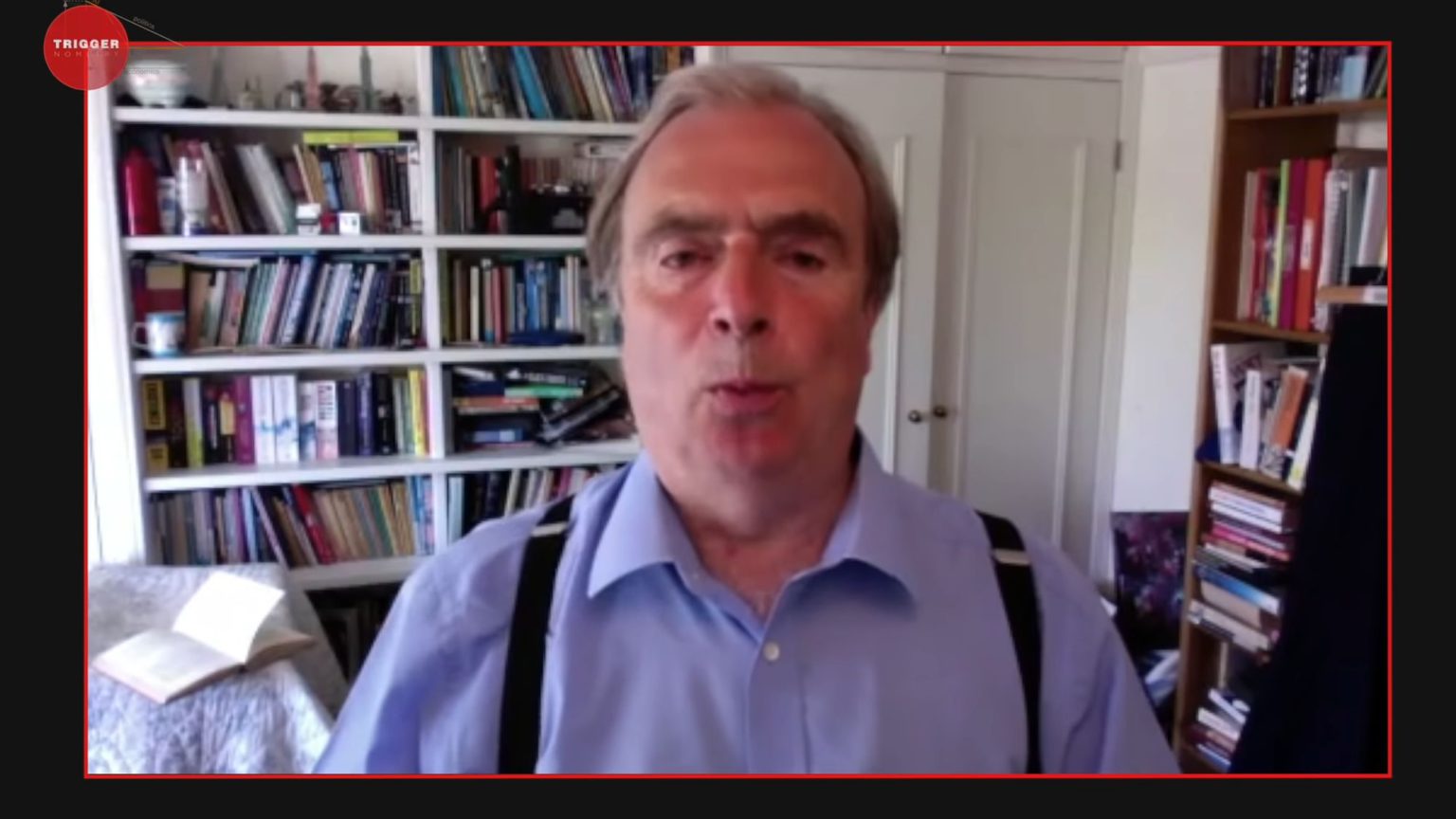YouTube is censoring lockdown sceptics
An interview with Peter Hitchens has been delisted from YouTube’s search function because he opposes lockdown.

YouTube has become a censorship hot spot during the Covid-19 pandemic.
Its latest target is Mail on Sunday columnist Peter Hitchens, one of the UK’s most outspoken critics of lockdown.
His interview on the Triggernometry podcast has been ‘shadow banned’. It has not been deleted but it cannot be found by searching for it on YouTube and Google. This move is clearly designed to limit the video’s audience as viewers need a direct link in order to access it:
YouTube caught red handed censoring lockdown scepticism: our interview with respected journalist Peter Hitchens @ClarkeMicah is hidden from you because he dared to criticise the lockdown. Technically they haven’t deleted it but the video cannot be found by search. Please RT. /1 pic.twitter.com/N5Hu590EdV
— TRIGGERnometry (@triggerpod) June 1, 2020
Other videos featuring lockdown sceptics have been deleted outright. Toby Young, who runs the blog Lockdownsceptics.org, was removed by YouTube for supposedly violating its guidelines.
An almost identical video to the one below, made by me and called “The Case Against Lockdowns”, has just been removed by @YouTube for violating its community guidelines. Apparently, criticising the lockdown policy is now verboten on @YouTube. Watch it before Twitter follows suit. https://t.co/1LzGQwusri
— Toby Young (@toadmeister) May 27, 2020
In recent weeks, even scientists who have opposed the lockdown have been censored by YouTube, such as Professor Karol Sikora and Dr Knut Wittkowski (the former was eventually reinstated after significant public pressure).
Internet censorship has reached epidemic proportions.
To enquire about republishing spiked’s content, a right to reply or to request a correction, please contact the managing editor, Viv Regan.







Comments
Want to join the conversation?
Only spiked supporters and patrons, who donate regularly to us, can comment on our articles.